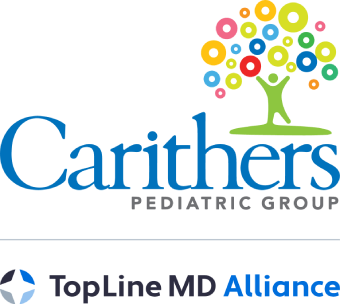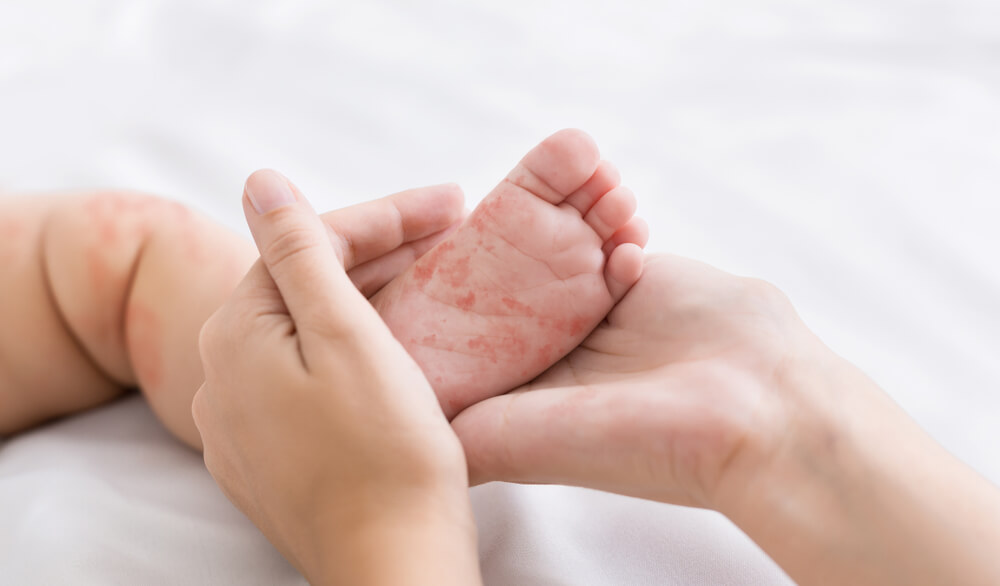As parents, the health and safety of our children are always at the forefront of our concerns. With the recent rise in measles outbreaks globally as well as in Florida, it’s more important than ever to be well-informed and prepared. Measles, a highly contagious viral disease, can lead to serious health complications, especially in children under five and adults over 30. Understanding what measles is, the significance of vaccination, and how to protect your children during an outbreak can make all the difference.
What is Measles?
Measles is caused by the Rubeola virus and is known for its high contagion level and the distinctive red rash it produces. The virus is airborne, spreading through coughing and sneezing, and can linger in the air for up to two hours after an infected person has left the area. Symptoms usually appear 10-14 days after exposure and include high fever, cough, runny nose, red eyes, and a blotchy rash that spreads across the body.
The virus can lead to severe complications such as pneumonia, severe diarrhea, ear infections, blindness, encephalitis (swelling of the brain), and even death. Serious cases require hospitalization and can be especially deadly in malnourished children or those with a weak immune system.

Vaccination: The First Line of Defense
The measles vaccine, administered as part of the MMR (measles, mumps, rubella) vaccine, is the most effective way to prevent measles. The Centers for Disease Control and Prevention (CDC) recommends that children receive two doses: the first at 12-15 months of age and the second at 4-6 years. The vaccine is highly effective at preventing measles, with the first dose being 93% effective and the second 97% effective. In addition, it is our office policy that children be vaccinated against it, protecting both them and our other patients from unnecessary exposures.
Protecting Your Children During an Outbreak
Despite the availability of vaccines, measles outbreaks can still occur, particularly in communities with low vaccination rates. Here are steps you can take to protect your children during an outbreak:
- Confirm Vaccination Status: Ensure your children have received the MMR vaccine according to the recommended schedule. If they haven’t, consult your pediatrician about catching up.
- Practice Good Hygiene: Teach your children the importance of washing their hands frequently with soap and water, especially before eating and after using the bathroom. Carrying hand sanitizer for times when soap and water aren’t available is also a good practice.
- Avoid Exposure: During an outbreak, try to minimize your children’s exposure to potentially infected individuals. This may mean avoiding crowded places or gatherings, particularly if the outbreak is local.
- Keep up with local health advisories and updates from your child’s school or daycare about measles cases in your area. Information is key to prevention.
- Understand the Symptoms: Being able to recognize the early signs of measles can lead to quicker isolation and treatment, reducing the risk of spreading the virus.
- Consult Healthcare Providers: If you suspect your child may have been exposed to measles or if they show symptoms, contact your healthcare provider immediately. It’s crucial to call ahead to prevent spreading the virus to others in the waiting area.
Moreover, maintaining a healthy diet and lifestyle is also crucial. Adequate nutrition boosts one’s immune system, thereby enhancing one’s ability to defend against measles. A diet rich in vitamin A, in particular, can help mitigate the severity of the illness. Preventing the transmission of measles requires practices that not only shield us from measles but also improve our holistic well-being.
Despite the strides made in measles prevention and control, measles remains a global threat with sporadic outbreaks occurring even in countries with high overall vaccination coverage. According to the World Health Organization (WHO), in 2019, over 140,000 people died from measles globally – mostly children under the age of five.
The groups most vulnerable to the measles virus include infants too young to be vaccinated, unvaccinated individuals, pregnant women without immunity, and immunocompromised individuals. This vulnerability highlights the need for preventive measures to mitigate measles risk in these individuals and the community at large.
Handling suspected measles cases
If measles symptoms like high fever, cough, runny nose, red and watery eyes, or rash appear, seek medical advice without delay. Remember, prompt medical attention could prevent measles transmission to others and help mitigate measles risk. Caring for a person infected with measles shouldn’t compromise the safety of others. Isolate the infected individual and take the right precautions while caring for them to prevent it from spreading. Ensure strict isolation until about four days after the rash appears, the period during which the infection is highly contagious.
While measles can be a daunting threat, the tools and knowledge to protect our children are readily available. Vaccination remains the most powerful weapon against measles, significantly reducing the risk of infection. By combining this with good hygiene practices and being vigilant during outbreaks, we can ensure our children stay safe and healthy. Contact your Pediatrician at Carithers Pediatric Group for more information on how you can keep your child safe.



